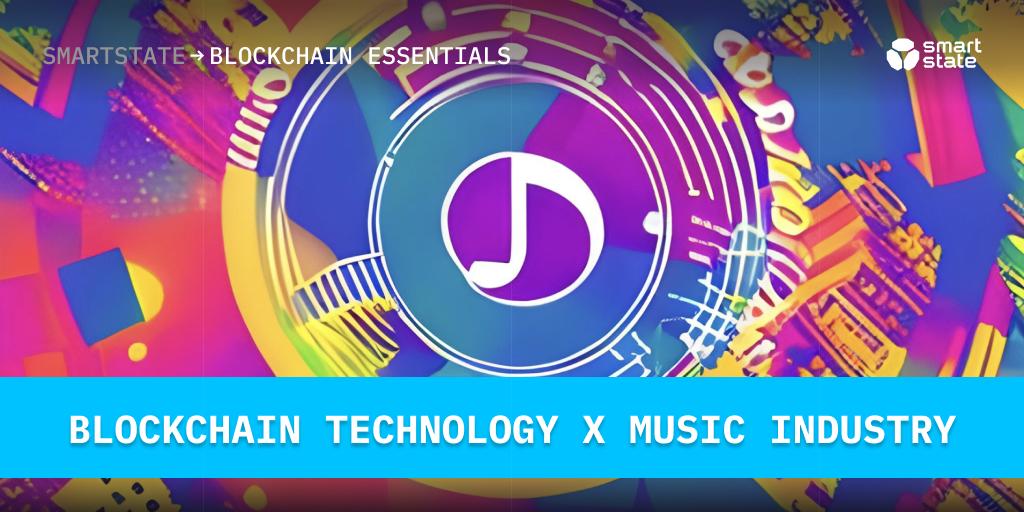Blockchain technology X Music industry
The widespread and evolving practice of online music distribution has changed the way we access, consume (listen to) and perceive music. This can be explained by the digital aspect inherent to the practice. [1] The widespread adoption of Web3 is another step forward. Blockchain technology has the potential to change the traditional way of doing business in the music industry in many ways.
Protecting artists X increasing revenues
Today, artists and musicians are part of the gig economy and operate predominantly as gig workers. It is becoming increasingly difficult for them to make a living as artists. Many find that they lack information about the status of the licensing of their works, and thus about the projected revenues.
For many songwriters and musicians, gaining royalties for licenses can take months. In many cases, the actual songwriters or performers of a given musical work are deemed "non-attributable," resulting in payments languishing in escrow accounts around the world, unclaimed by the songwriters to whom the payments are owed.
In the last decade, all walks of life have become increasingly anxious about the amount of data and the resulting power held by a small number of actors. This is also true in the music industry. Currently, the music industry is dominated by a few large companies that control the distribution of music and take away a large part of the profits made by artists. Speaking of revenue, in 2017, only 12% of all revenue generated in the music industry was earned by artists.With decentralized technology, artists can make more money from their work compared to traditional methods.[4]
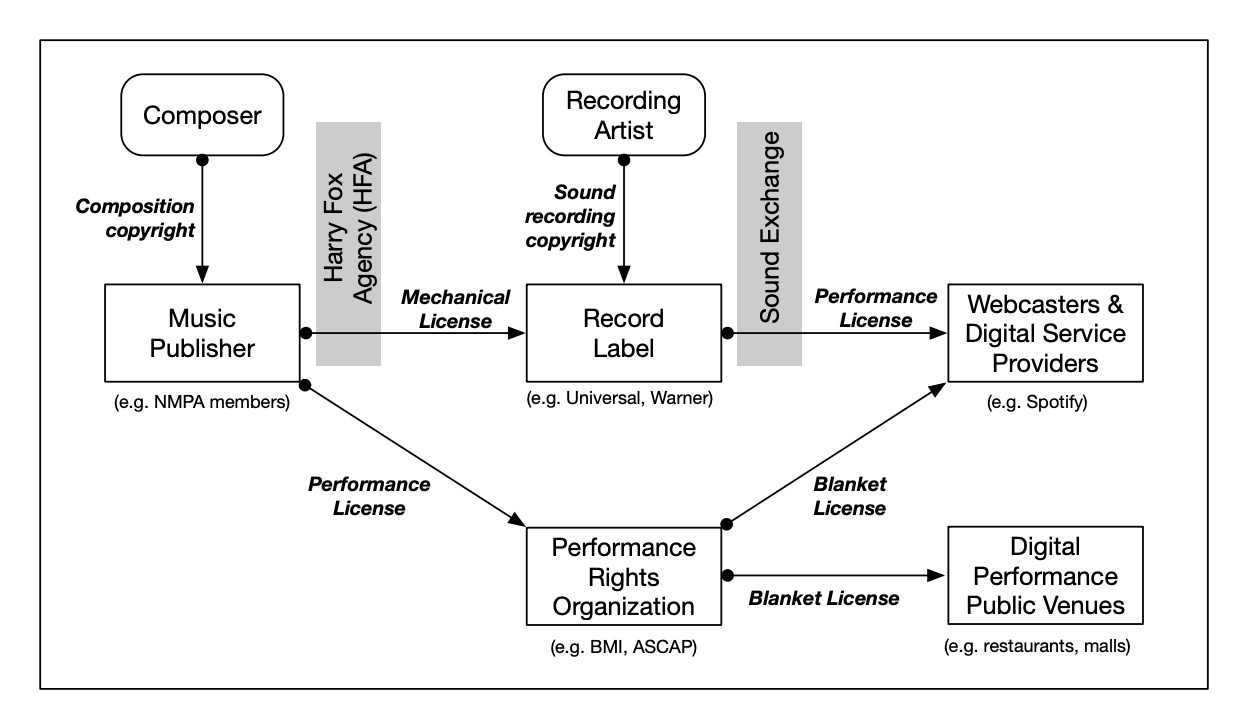
Fig.1 Overview of the digital music licensing supply-chain [2]
Blockchain technology can help artists and creators regain control of their work and ensure fair rewards for their efforts.
Distributed ledger technology and blockchain systems have caught the attention of many artists and musicians over the past few years as a potential new paradigm that could help them get a more accurate measure of consumer acceptance of their musical works and provide a more sustainable way for them to earn a living through a more direct transaction and payment cycle.
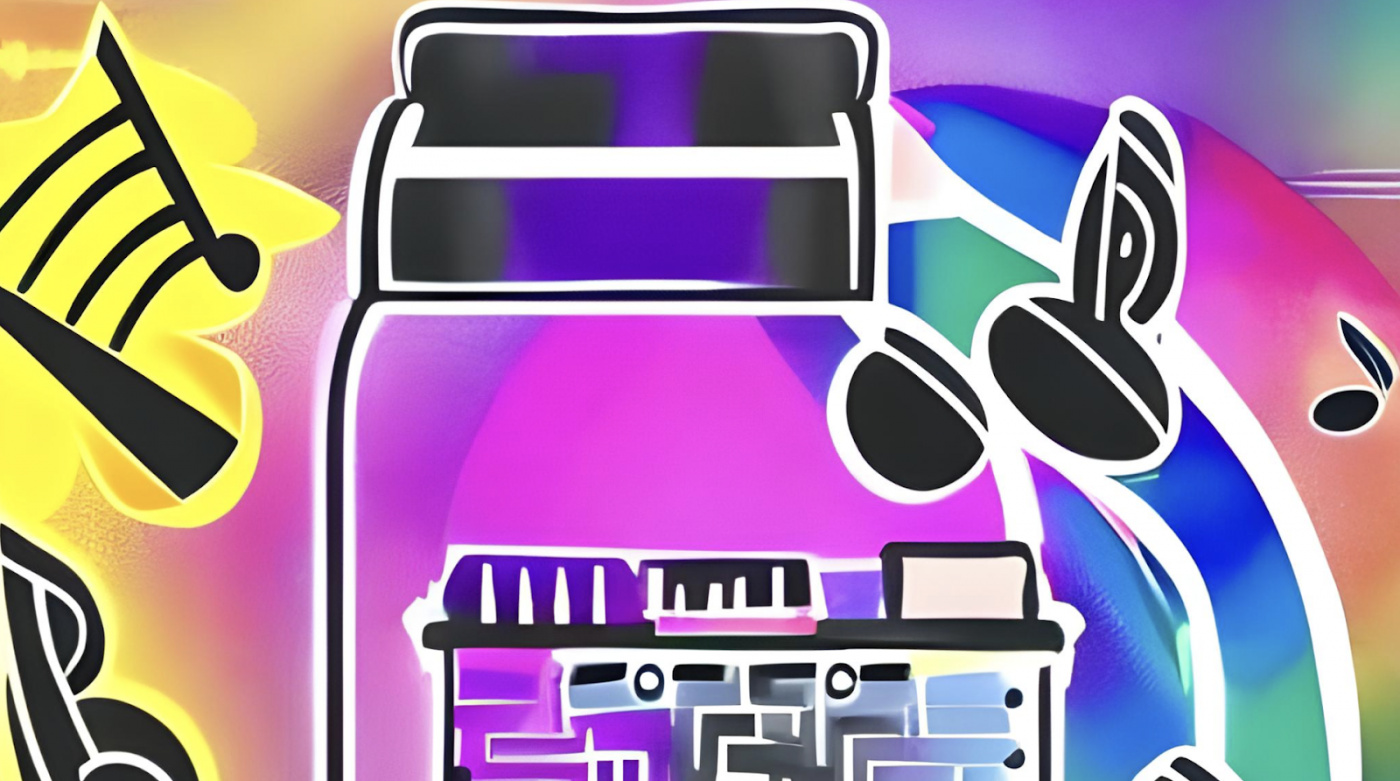
A decentralized data cooperative for artists and musicians can create distributed ledgers able to improve and automate tasks or functions related to music rights and licensing. For example, a cooperative can create a metadata ledger into which the cooperative members can record metadata of their work. Each registry entry includes a unique resolvable identifier that allows anyone to trace it to a copy of the full work metadata somewhere on the Internet.
There are several possible advantages of this approach. The ‘publication’ of a signed metadata file of a musical work in a registry provides legal support for copyright on the part of the creator(s). The distributed ledger as a whole acts as a ‘notary’ service, where only members of the cooperative have write-in rights to add new entries to the ledger, while anyone can read the metadata and verify the digital signature through the ledger transaction record.
This notarization using a distributed ledger provides a relatively unchanging and irrefutable public record of the existence of a time-stamped musical work. The second advantage of the metadata ledger is that, together with the metadata repository, it becomes an authoritative source of information about the provenance of a given musical work.
As an open-readable registry of musical works metadata, the ledger effectively becomes a trusted source of metadata that can then be referenced by other types of ledger-based transactions, such as smart contracts that handle licensing and exchange of ownership rights. In this way, even existing systems (e.g., legacy databases) can reference relevant records (e.g., transaction ID) in the ledger.
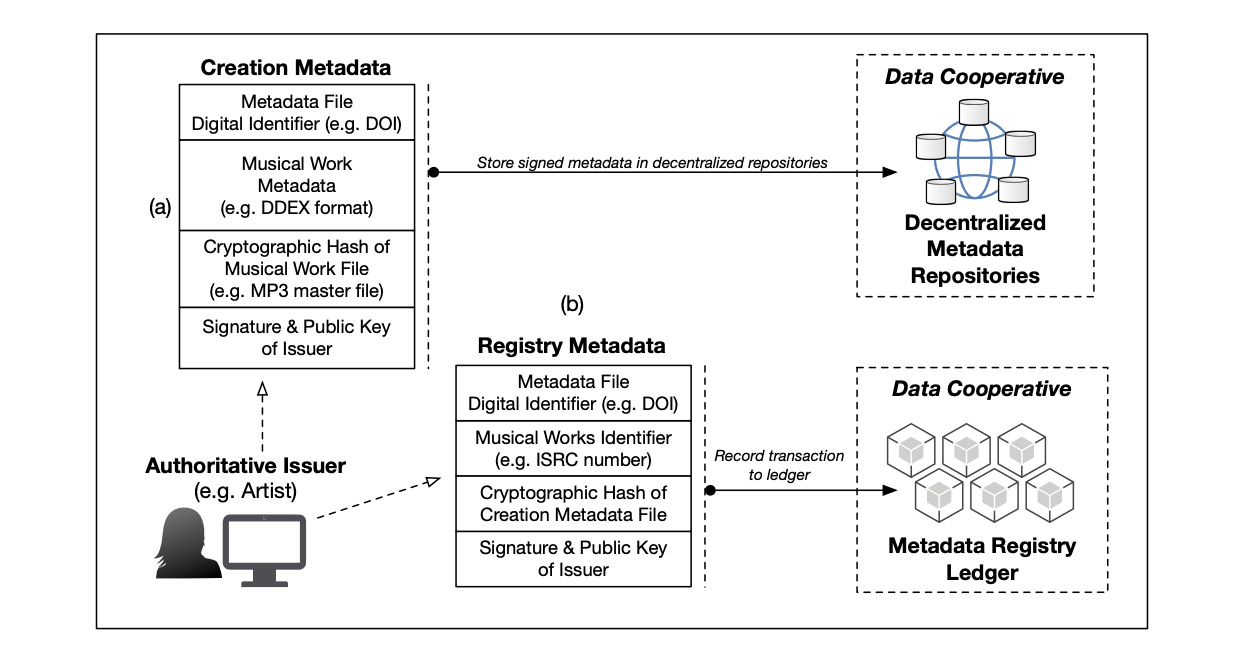
Fig.2 The data cooperative distributed ledger for metadata management [2]
Artists and musicians see decentralized blockchain systems and smart contracts as a promising path to a more direct model of transactional interaction. Smart contracts as stored procedures or functions available on P2P network nodes offer a number of promising opportunities to improve the efficiency of business processes.
In the context of music contracts supply chain management, there are several possible applications of smart contracts, implementing different business logic associated with different stages of the contract supply chain.
For example, smart contracts can be used to implement logic for the following tasks:
- Licensing of copyrighted musical works (e.g., performance license and mechanical license);
- Tracking payments for issued licenses;
- Paying royalties to the appropriate rights holders; and
- Revocation of issued licenses or automatic expiration.[2]
NFT x Music x Fans
Like the arts, the music industry is also affected by NFT and blockchain technology. Every piece of music can be converted into a unique NFT. Singers or DJs can sell limited copies of any work they have created. This option of using NFTs has a number of benefits for both the artists and their fans. NFTs can also be exchanged between fans, and they can become financially interested parties in the music industry.
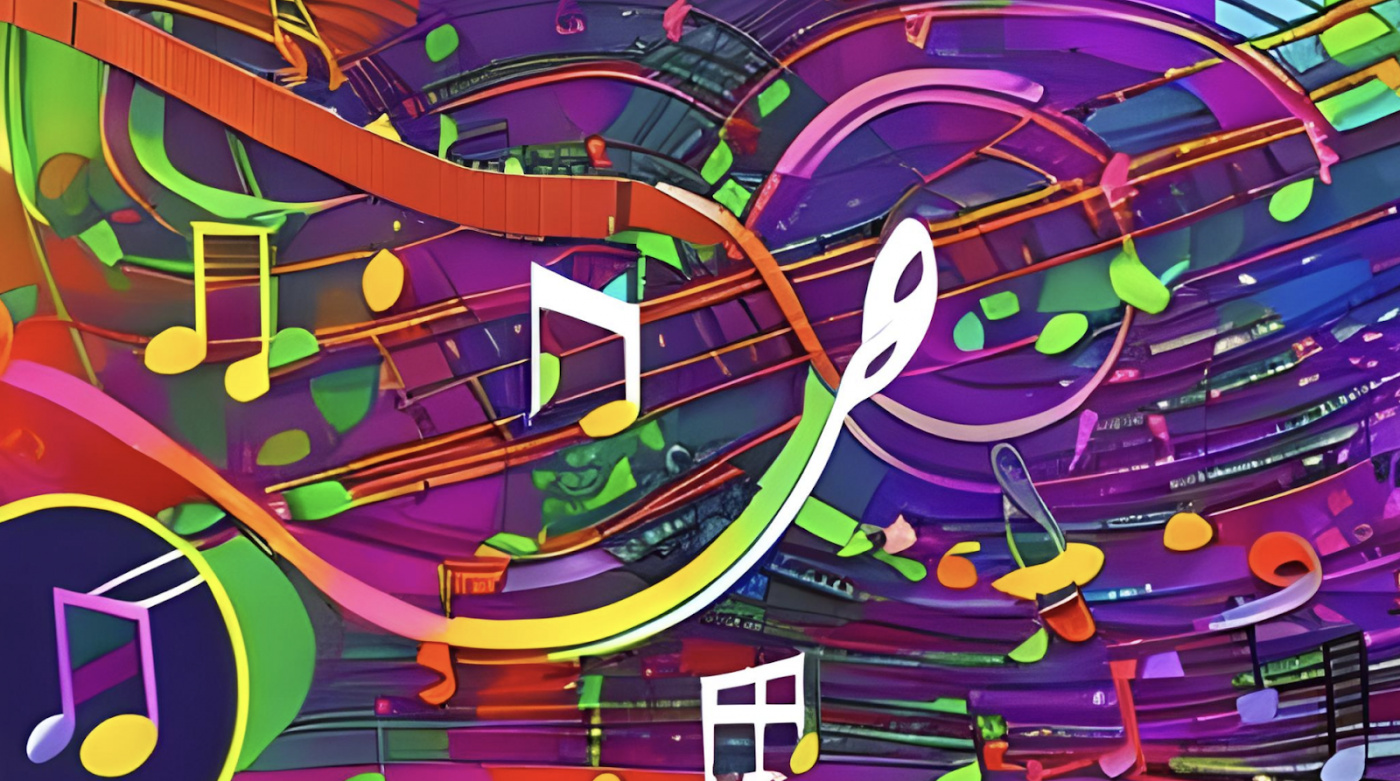
Copyright & illegal distribution of content
Over the years, the music industry has produced a significant number of downloads in various digital formats and extensions (e.g., mp4, mp3, etc.). However, most of the aforementioned downloads are acquired illegally, and are not indexed or accounted for in the global digital download library.
Because of the illegal aspect of downloads, content creators lose significant revenue and incur expenses, which leads to the copyright problem that this article focuses on. It is worth noting that from a historical perspective a potentially good way to keep the price of digitally distributed art affordable, make it more widely available, lower the cost of operations, and reduce the power of publishers is to abolish classically enforced copyright in digital art forms altogether[1].
Musical works created by artists bring great joy to people. However, when artists upload their works, they are more likely to be downloaded and reprinted by others, and there is the issue of copyright and the problem associated with sharing music. This will have a significant negative impact on artists' enthusiasm and motivation. [1]
Blockchain is a perfect technology for storing musical works and protecting the copyright information of every album or music created by artists in the music industry.
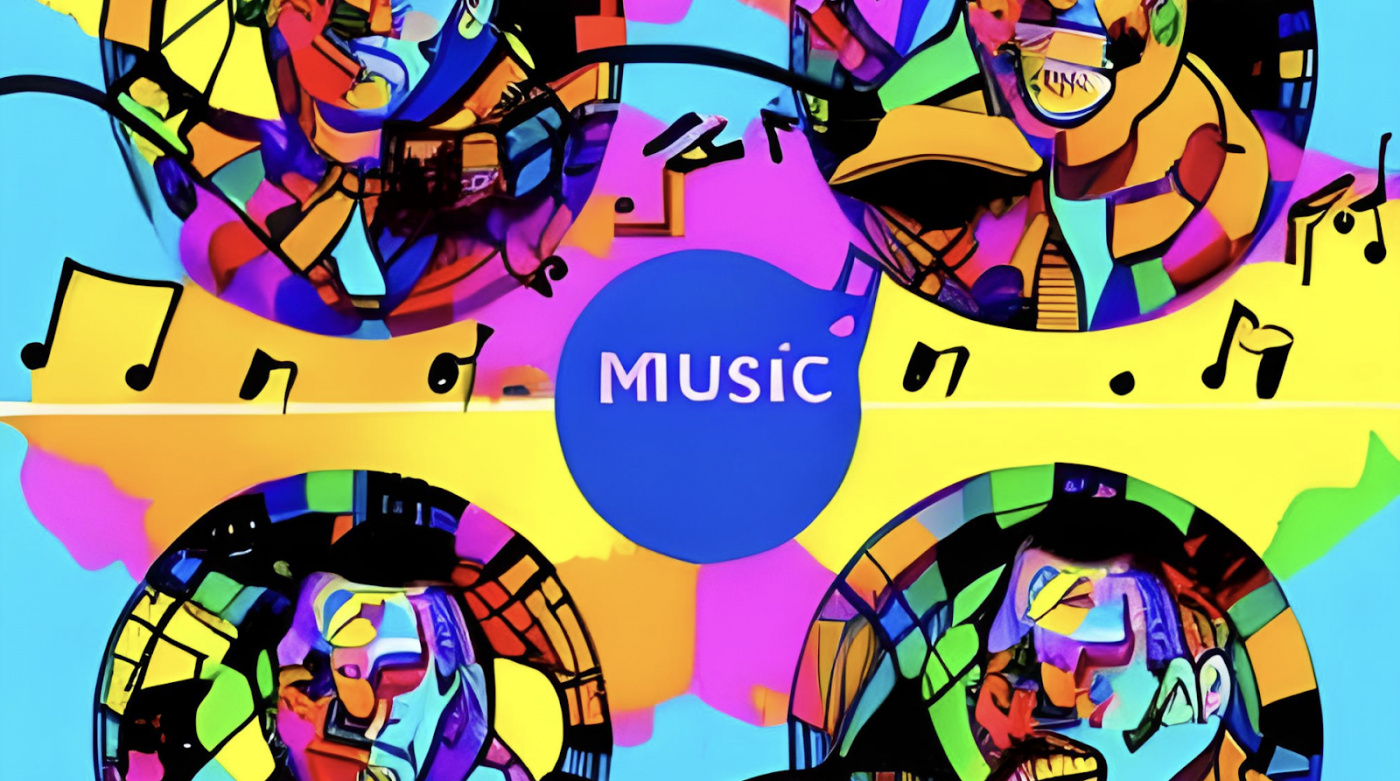
Music x Blockchain Use Case: Audius
Blockchain technology can be used not only to create a more efficient music licensing system, it is changing the way the music industry is approached by artists, fans and listeners. Audius is a Web3 streaming platform created for all musicians, not just those who are signed to labels. Using the service, an artist can build a fanbase, share unfinished works and publish finished tracks for the whole world to hear. Audius offers opportunities to create, develop a personal brand, find fans and monetize one’s creations without them having to be released from a platform or the necessity to sign a recording contract.
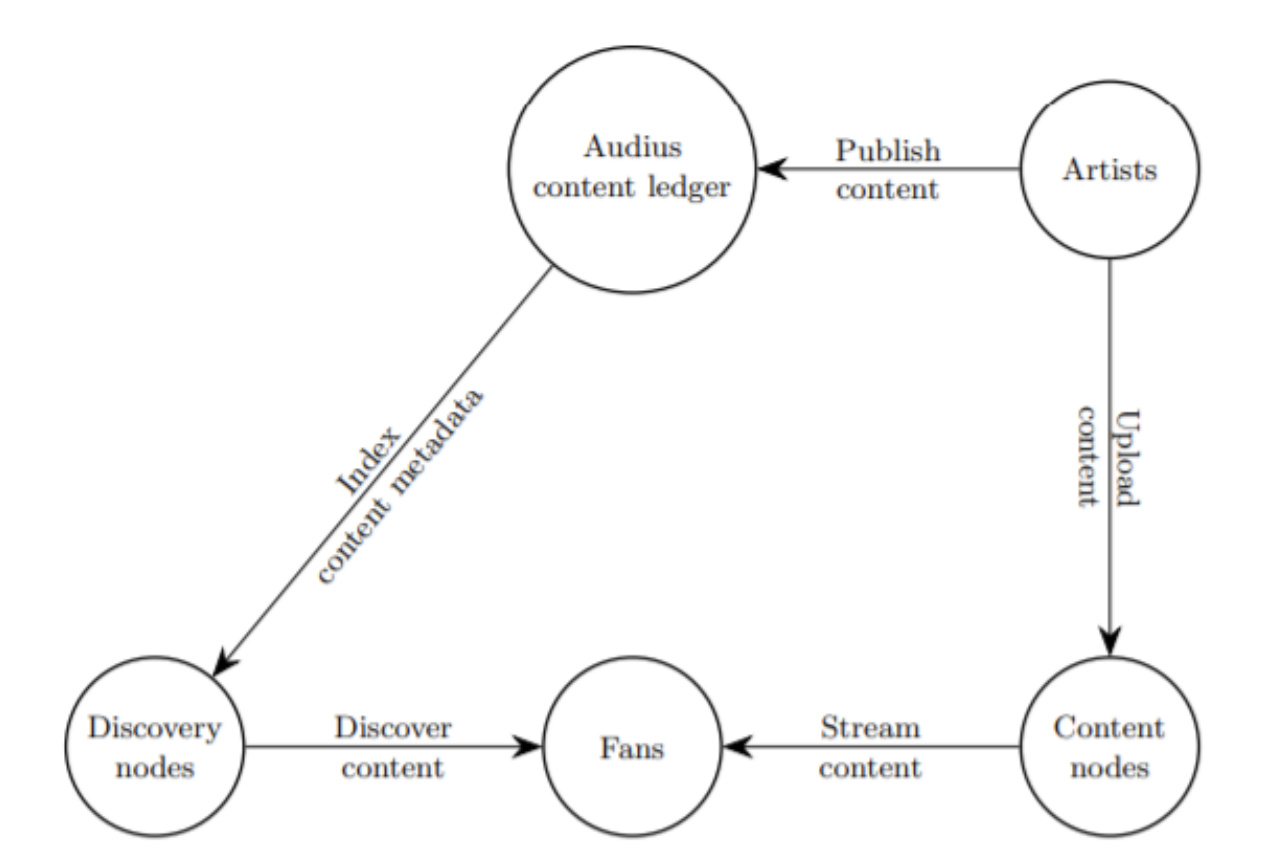
Fig.3 Audius content lifecycle [4]
As a blockchain security company we can’t overlook the Audius hack in 2022 and remind about the importance of security when it comes to a famous blockchain project with a lot of people involved, as well as the assets are.
Conclusion
The decentralized nature of blockchain technology finds creative and useful applications in many traditionally centralized fields. The music industry is no exception. Interconnection between blockchain technology and the music industry opens up an exciting area of innovation that has the potential to transform the industry, bring more fun & joy, uplift the creators value and empower artists.
References
[1] Isaac Adjei-Mensah, Isaac Osei Agyemang, Collins Sey, Linda Delali Fiasam, Abdulhaq Adetunji Salako, Securing music sharing platforms: A Blockchain-Based Approach https://arxiv.org/abs/2110.05949
[2] Thomas Hardjono, Alex Pentland, Empowering Artists, Songwriters & Musicians in a Data Cooperative through Blockchains and Smart Contracts https://arxiv.org/abs/1911.10433
[3] Tengfei Wang, Shuyi Zhang, Xiao Wu, Wei Cai, Rhythm Dungeon: A Blockchain-based Music Roguelike Game https://arxiv.org/abs/1907.00042
[4] Arsalan Parham, Corinna Breitinger, Non-fungible Tokens: Promise or Peril? https://arxiv.org/abs/2202.06354
